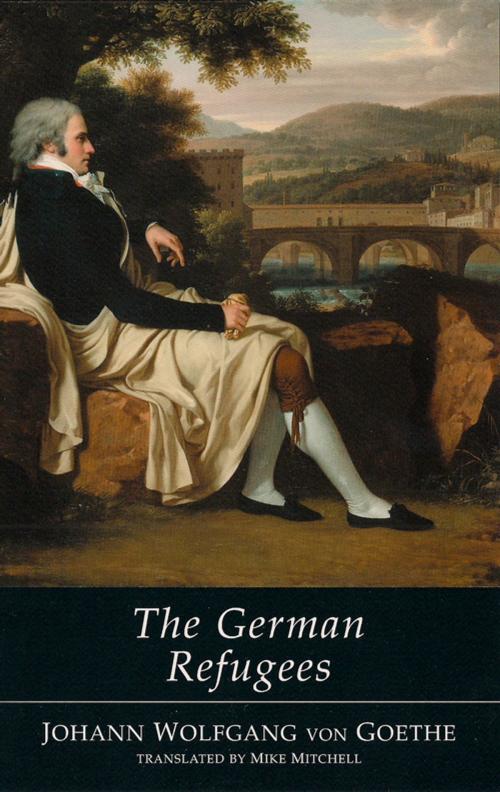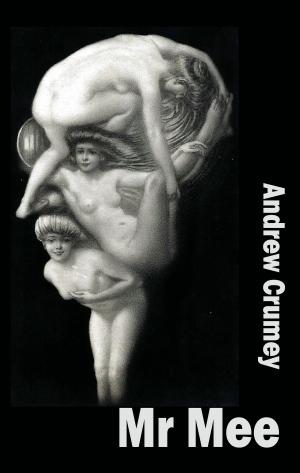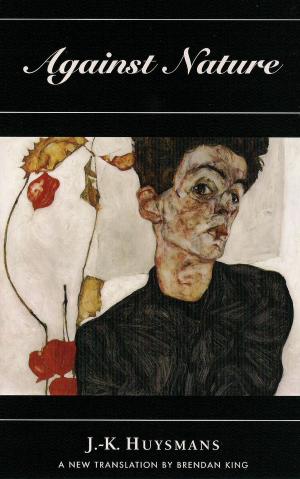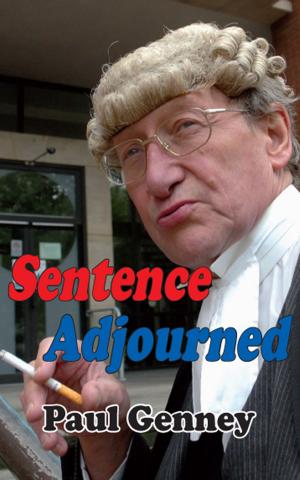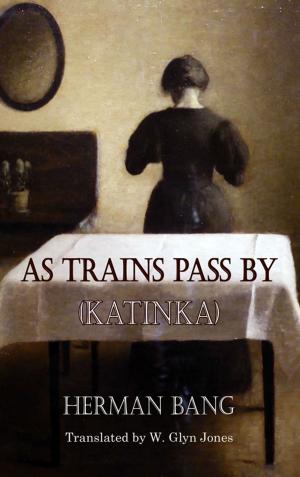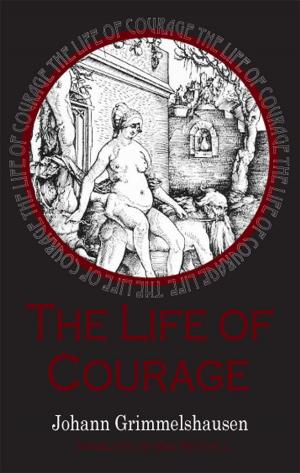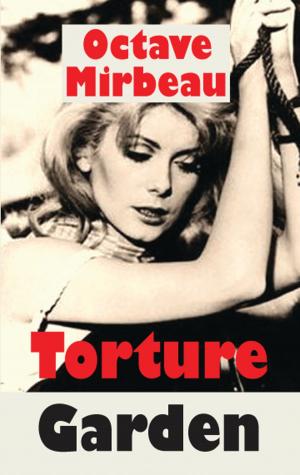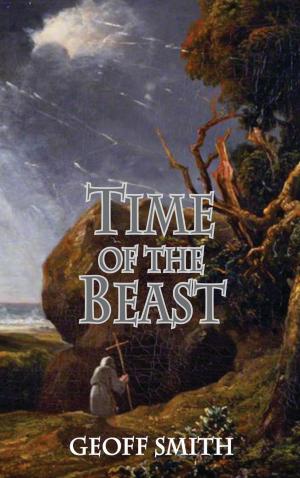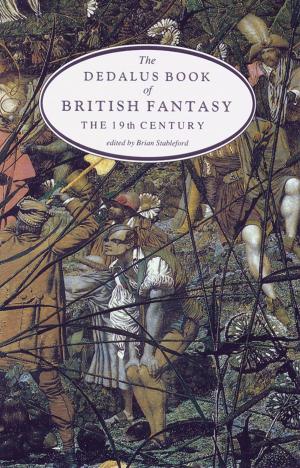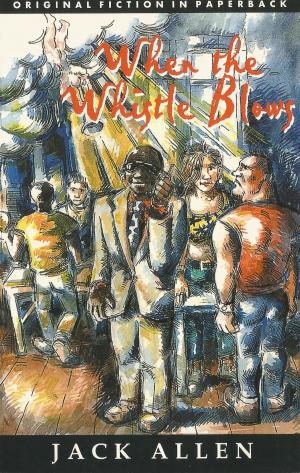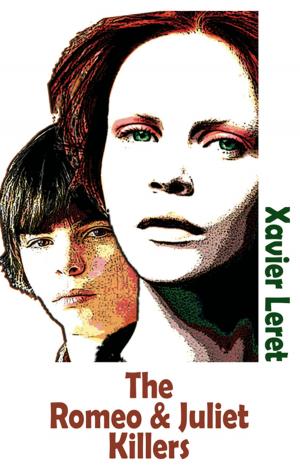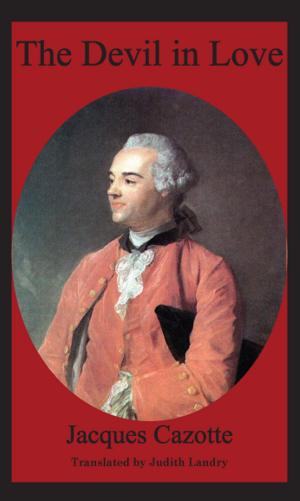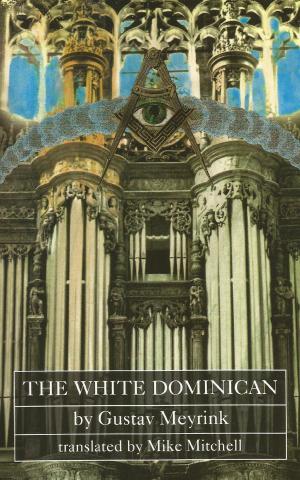| Author: | Johann Wolfgang Goethe | ISBN: | 9781907650956 |
| Publisher: | Dedalus Ebooks | Publication: | January 5, 2010 |
| Imprint: | Dedalus Ebooks | Language: | English |
| Author: | Johann Wolfgang Goethe |
| ISBN: | 9781907650956 |
| Publisher: | Dedalus Ebooks |
| Publication: | January 5, 2010 |
| Imprint: | Dedalus Ebooks |
| Language: | English |
A new translation by an award winning translator rescues this work from being out of print in English. Goethe�s collection of stories (1795) is modelled on the Decameron. A family of German nobles have been forced from their home on the left bank of the Rhine by the French Revolution. Their peace is further disrupted by the arguments between the young Karl, a supporter of the ideals of the revolution, and the other men. The Baroness saves the situation by suggesting they amuse each other by telling stories. There are seven in all: two short ghost stories, two amorous anecdotes and two more substantial moral tales, the whole being concluded with Goethe's richly worked, fantastic, symbolic, allegorical 'Fairy Tale'. � �The young Goethe's collection of stories is loosely set on an aristocratic family fleeing the French Revolution. With the family quarrelling over the rights and wrongs of political action, the matriarchal Baroness pushes them to tell different ghost stories and romantic tales to distract them. Still, the work is rife with politics and driven by his apparent ideals. The book is topped off with the separate Fairy Tale, a rich allegorical tale that more clearly shows the future of the man's work.†AM in Buzz Magazine �†The Fairy Tale is one of the most intriguing creations of Goethe' free-wheeling, visually oriented fancy. Tripping lightly, it leads the reader into a maze of bewilderingly unfamiliar situations arousing his curiosity at every turn.†Hermann J. Weigand
A new translation by an award winning translator rescues this work from being out of print in English. Goethe�s collection of stories (1795) is modelled on the Decameron. A family of German nobles have been forced from their home on the left bank of the Rhine by the French Revolution. Their peace is further disrupted by the arguments between the young Karl, a supporter of the ideals of the revolution, and the other men. The Baroness saves the situation by suggesting they amuse each other by telling stories. There are seven in all: two short ghost stories, two amorous anecdotes and two more substantial moral tales, the whole being concluded with Goethe's richly worked, fantastic, symbolic, allegorical 'Fairy Tale'. � �The young Goethe's collection of stories is loosely set on an aristocratic family fleeing the French Revolution. With the family quarrelling over the rights and wrongs of political action, the matriarchal Baroness pushes them to tell different ghost stories and romantic tales to distract them. Still, the work is rife with politics and driven by his apparent ideals. The book is topped off with the separate Fairy Tale, a rich allegorical tale that more clearly shows the future of the man's work.†AM in Buzz Magazine �†The Fairy Tale is one of the most intriguing creations of Goethe' free-wheeling, visually oriented fancy. Tripping lightly, it leads the reader into a maze of bewilderingly unfamiliar situations arousing his curiosity at every turn.†Hermann J. Weigand
